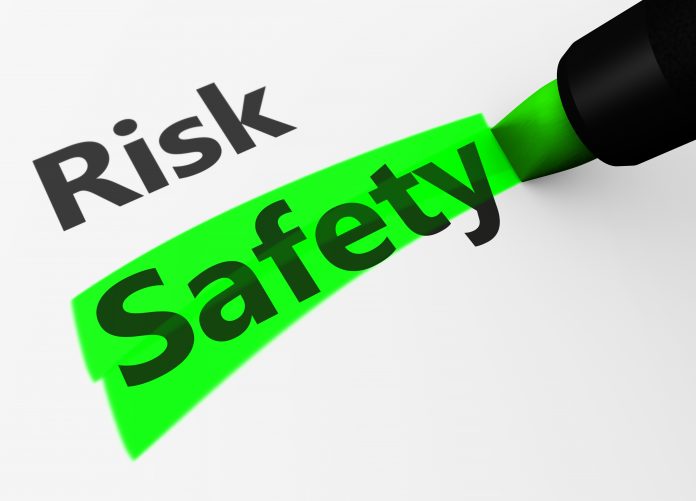Have you noticed that as you age, the number of medications you are taking begins to increase? This is a common story among seniors. Between high blood pressure, high cholesterol, adult onset diabetes and other diseases, we take enough medications to cause drug reactions. Not all medications can be taken with certain other medications. The worst case scenario can have you ending up in the emergency department of your local hospital. Certains medication should be handled very carefully.
Medication To Use The Utmost Safety With:
- Sleeping pills or sleep aids. Many sleep aids contain antihistamines in order to cause drowsiness. Quite often, this means that when you wake in the morning you won’t be completely alert. Because of this, falls and confusion are often a common side effect of any sleep medication.
- NSAIDs such as ibuprofen, aspirin and naproxen are popular for pain and muscle aches. Seniors quite often take these to help with arthritis and other aches and pains. They can be hard on the kidneys, cause stomach ulcers and create problems for those who use blood thinners.
- Opioids. Controversial and often prescribed, opioids are addictive and have many side effects. Because they are so strong, they can easily cause falls which result in fractures. Opioids have also been the cause of a high number of deaths across all age groups.
- Muscle relaxants. Another cause of falls, muscle relaxants leave you groggy and uncoordinated. Seniors tend to use them often for muscle pain, however they aren’t a reliable form of pain medication.
- Anti-anxiety and depression medication. Prescriptions for anxiety and depression are on the rise. Mostly blamed on our quickly changing reactions to social stress, benzodiazepines are most commonly prescribed. They can add to cognitive problems, increase falls and have even been the cause of car accidents.
As you grow older, discuss prescription medications with your doctor. Find out if there are other ways to keep certain diseases under control without adding another prescription to your medicine cabinet. To read more on these medications and their side effects, click here.
Find out if there are other ways to keep certain diseases under control without adding another prescription to your medicine cabinet.























